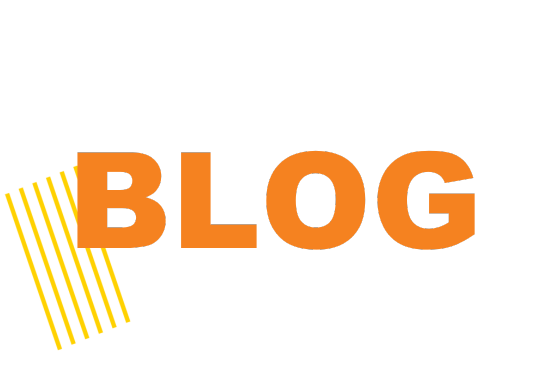What Cuts to Medicaid Could Mean for Women and Families
By Moira McLaughlin, FUTURES
May 6, 2025
Congress is currently debating whether to cut funding for Medicaid, which allows women and their families — including survivors of domestic and sexual violence, older adults, people with disabilities and children — to access healthcare.
Medicaid is a life-line for many families. Women, who are often the primary caregivers for their children and aging parents and who themselves are more likely to be covered by Medicaid, would be especially impacted by Medicaid cuts:
- Approximately 1 in 5 women use Medicaid for primary, preventative and specialty care, and it covers more than 40 percent of all births
- Medicaid covers nearly half of all children, including half of those with special needs
- The majority of long-term nursing home care is paid for by Medicaid, covering more than 7 million adults age 65 and older
From prenatal care to annual doctor’s check-ups for their kids to nursing home care for their older parents, women rely on Medicaid for themselves and their families.
Medicaid also is imperative for survivors of domestic violence to access healthcare independent of their abuser. Medicaid provides economic security for a survivor to be able to leave an abusive relationship and maintain healthcare. Survivors are able to access physical or mental healthcare for themselves and their children following an abusive relationship or as a result of it.
The majority of Americans across the political spectrum agree that Medicaid is vital for their communities. It’s a widely popular program that helps families and neighbors. Healthy communities are strong communities and strong communities are good for everyone.
Why would Congress propose cuts to a program that ensures so many people — women, survivors, children and seniors — receive the healthcare they need for themselves and their families? Go here to tell your legislators: No Cuts to Medicaid.
We also invite you to join us on May 13 for our Virtual Rally for Medicaid. Hear from healthcare professionals, advocates and survivors and learn more about what these cuts would mean for you and your family and what you can do.



